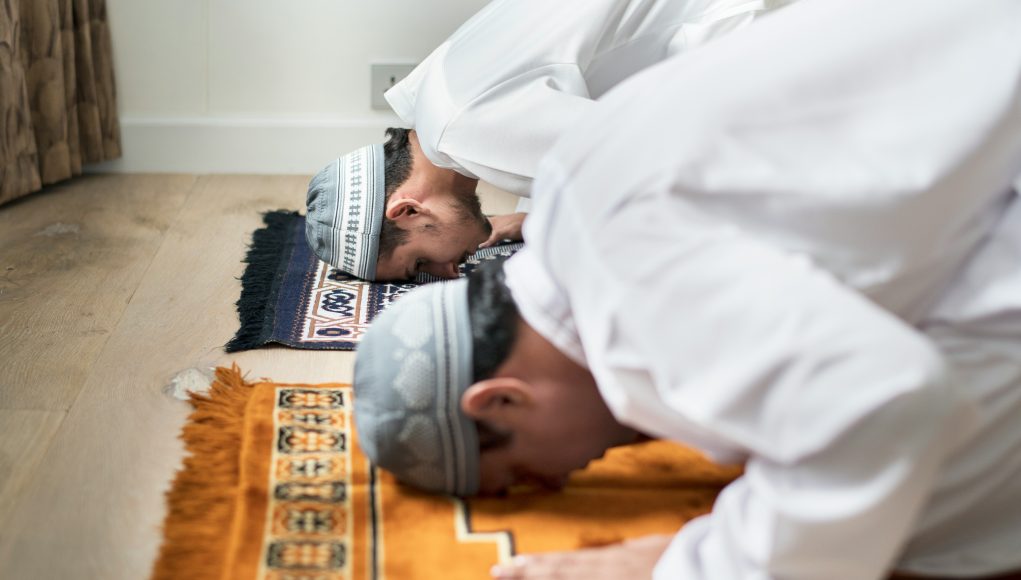Mosques serve as spiritual anchors in Muslim communities worldwide, providing spaces for worship, education, and social gathering. Building these sacred structures represents one of Islam’s most rewarding charitable acts, creating lasting legacies that benefit countless generations of believers.
The Spiritual Significance of Mosque Construction
In Islamic tradition, constructing a mosque carries immense spiritual rewards. The Prophet Muhammad (peace be upon him) stated that whoever builds a mosque for Allah, Allah will build for them a house in Paradise. This divine promise has inspired Muslims throughout history to invest in creating beautiful, functional worship spaces.
Mosques serve multiple community functions beyond daily prayers. They host educational programs, social services, interfaith dialogues, and cultural events that strengthen community bonds. During challenging times, mosques often become relief centers, providing food, shelter, and support to those in need.
Essential Elements of Mosque Design
Architectural Requirements
Traditional mosque architecture incorporates several key elements that facilitate worship and community gathering. The prayer hall must face the qibla direction toward Mecca, with a mihrab (prayer niche) indicating the proper orientation. A minaret enables the call to prayer, though modern mosques may use internal sound systems instead.
The design should accommodate gender-separated prayer areas, ablution facilities for ritual purification, and storage for shoes. Many contemporary mosques include multipurpose halls, libraries, classrooms, and kitchen facilities to serve broader community needs.
Accessibility and Modern Considerations
Modern mosque construction emphasizes accessibility for elderly and disabled community members. Ramps, elevators, accessible restrooms, and designated parking ensure everyone can participate fully in community activities. Energy-efficient systems and sustainable materials reflect Islamic principles of environmental stewardship.
The Community Impact of New Mosques
Building new mosques transforms communities by providing centralized locations for religious and social activities. These structures often become catalysts for neighborhood development, attracting Muslim families and businesses that contribute to local economic growth.
Mosques also serve as bridges between Muslim and non-Muslim neighbors through open houses, educational tours, and community service projects. This interfaith engagement helps dispel misconceptions while building mutual understanding and respect.
Educational and Social Services
Many mosques operate Islamic schools, weekend programs for children, and adult education classes covering religious studies, Arabic language, and life skills. These educational initiatives preserve Islamic heritage while helping community members integrate successfully into broader society.
Social services often include food banks, job placement assistance, marriage counseling, and youth mentorship programs. During emergencies, mosques frequently coordinate disaster relief efforts and community support networks.
Funding Mosque Construction Projects
Mosque construction typically relies on community fundraising through various Islamic charitable mechanisms. Donations can qualify as sadaqah jariyah (ongoing charity), providing continuous spiritual rewards. Many communities organize structured campaigns allowing members to contribute according to their means.
International charitable organizations also support mosque construction in underserved areas worldwide. These initiatives help communities that lack resources to build a masjid independently, ensuring access to proper worship facilities.
Frequently Asked Questions
Q: How much does it typically cost to build a mosque? A: Costs vary dramatically based on size, location, and design complexity, ranging from hundreds of thousands to several million dollars for larger facilities.
Q: What permits are required for mosque construction? A: Standard building permits apply, along with zoning approvals. Some communities may require additional public hearings or special permits for religious facilities.
Q: How long does mosque construction usually take? A: Timeline depends on project scope, but most mosque construction projects take 12-24 months from groundbreaking to completion.
Q: Can non-Muslims contribute to mosque construction? A: While Islamic law traditionally requires mosque funding from Muslim sources, many contemporary scholars permit non-Muslim contributions for interfaith goodwill.
Conclusion
Building mosques creates enduring spiritual and social infrastructure that serves Muslim communities for generations. These sacred spaces facilitate worship, education, and community building while fostering positive relationships with broader society. Whether supporting local construction or international projects, contributing to mosque development represents one of Islam’s most meaningful charitable investments.







